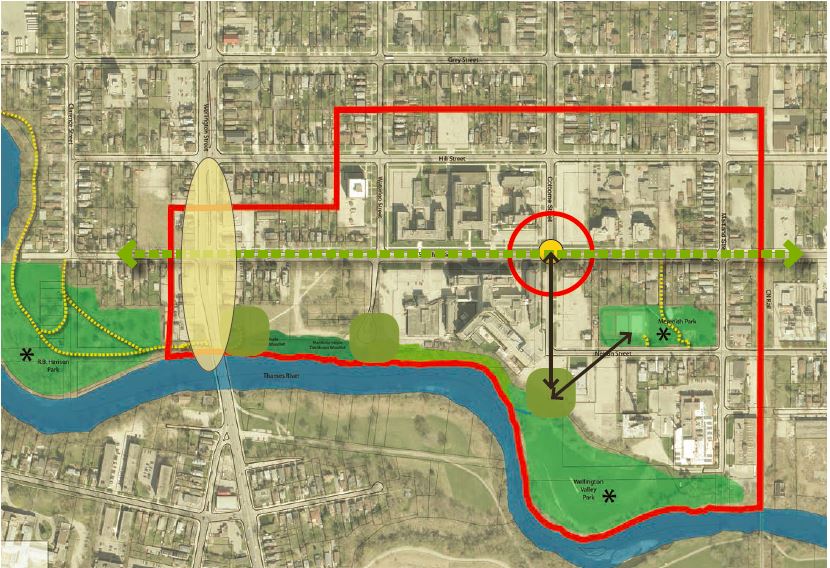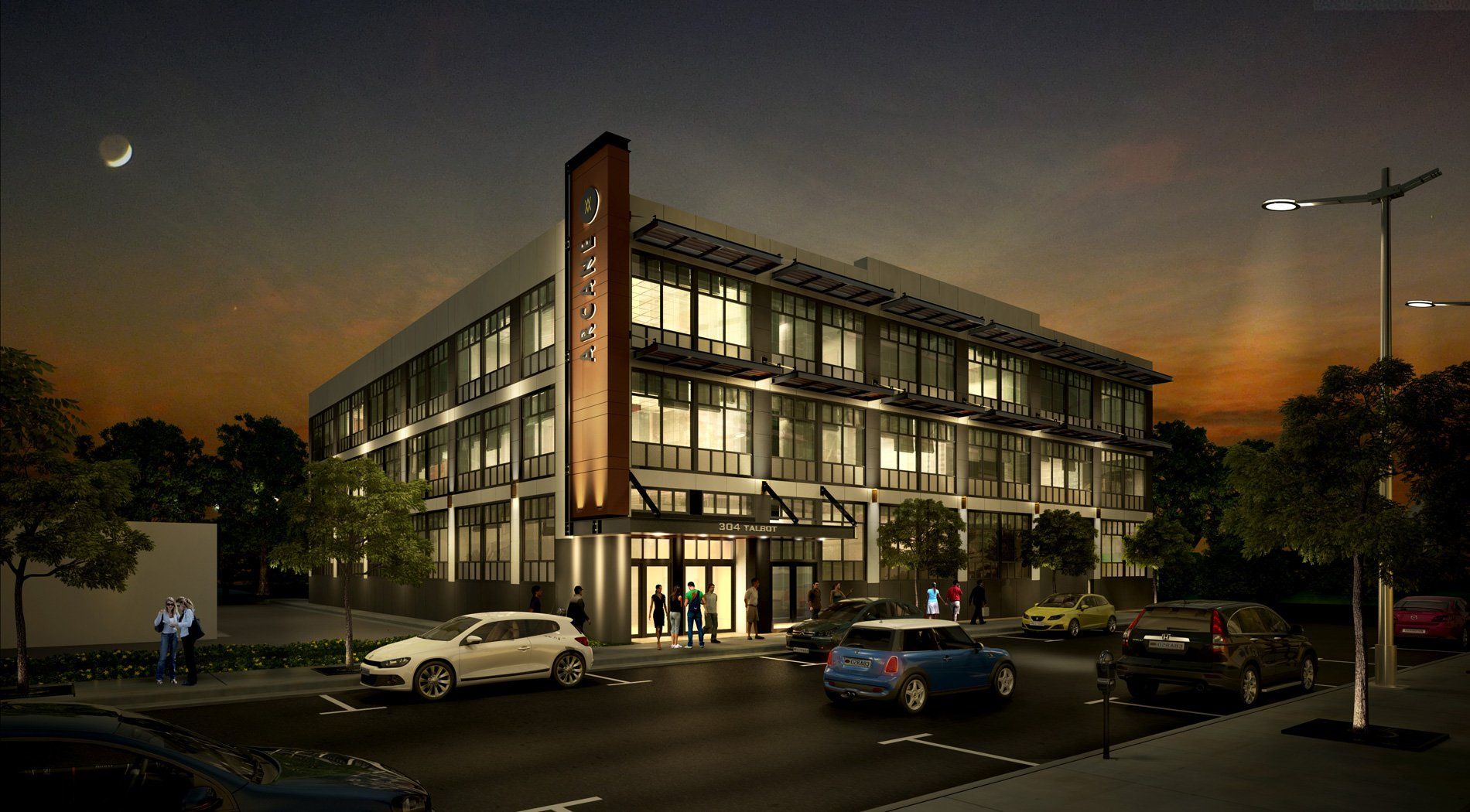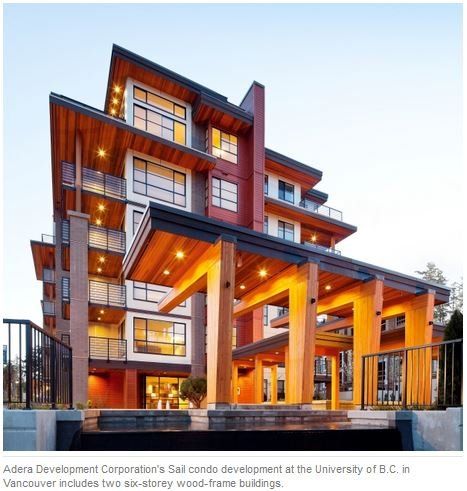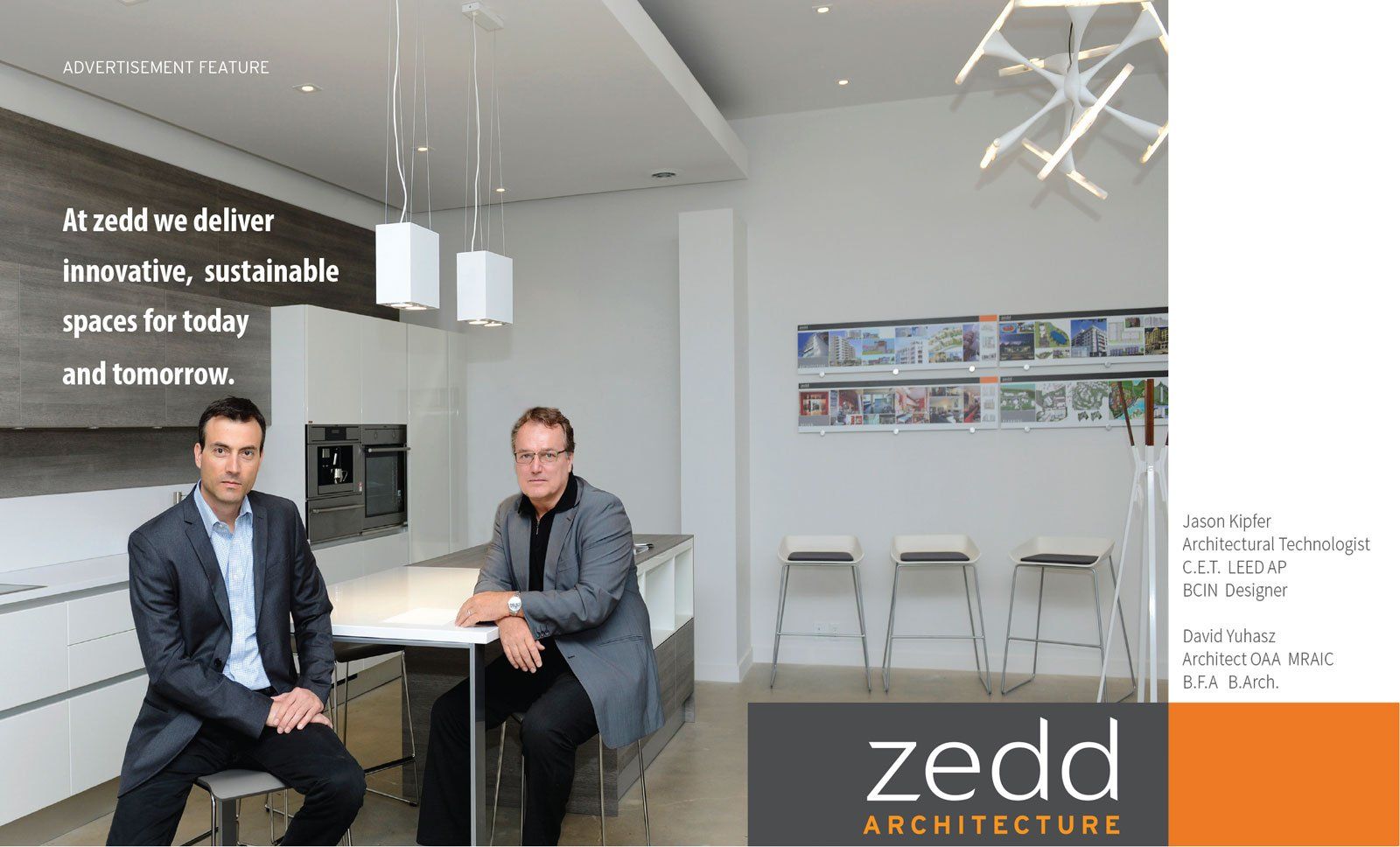By Jason Kipfer
•
May 24, 2018
Over the last two years, thousands of Londoners participated in the ReThink London process - a widespread community discussion which, at its core, focused on the fundamental question “what kind of city do we want to live in 20 years from now? The result is the London Plan. The London Plan is currently a 'draft' version of the next Official Plan which council is considering. It is a 20 year plan that sets out the vision, principles, priorities, strategies, policies and directions for London to the year 2035. It goes beyond being a land-use document and considers many things such as: demographics, managing the cost of growth, London's economy, transportation, affordability challenges, climate change, managing of farmland and more. Some interesting stats: The city’s population will grow by over 77,000 people and our employment will grow by 43,000 net new jobs between 2015 and 2035. The costs of growth associated with a compact form of development over the next 50 years could cost us $2.7 billion less than accommodating the same population growth in a spread configuration. 1-in-3 Londoners will be 55 years old or more by 2035. Within North America, the ‘Millenials’ age group (born between 1980 and 2000) is similar in size or larger than the “Baby Boomers”. Their interests and demands are different than those of the ‘Boomers’. The city needs to address their needs in order to attract and retain them. About one-in-five Londoners are “new Canadians” and London’s population speaks about 100 different languages combined. Through the ReThink London process, Londoners told us repeatedly that transportation is a critical issue that must be addressed in our future. A 2014 study by the Urban Land Institute and PricewaterhouseCoopers stated that “…the population has clearly shown a desire to move back to the urban core”. Only 5% of the Canadian land mass is classified as prime agricultural land. And, only 0.5% is classified as Class 1 Agricultural Land. However, in London, this rare Class 1 Agricultural Land is prevalent, with the majority of our agricultural land considered to be Class 1. This Plan is important for the City and its future and you still have a chance to get involved. Planners have asked for all comments to be submitted by mid-November 2014 for consideration but will receive them up to the statutory public participation meeting which is anticipated for March 2015. View the London Plan online at: www.thelondonplan.ca Download the full PDF version here . Contact Heather McNeely, Senior Planner at 519-661-2500 ext. 5074, hmcneely@london.ca Email: ReThink@London.ca | Twitter: @ReThinkLdn | Facebook: ReThink London







